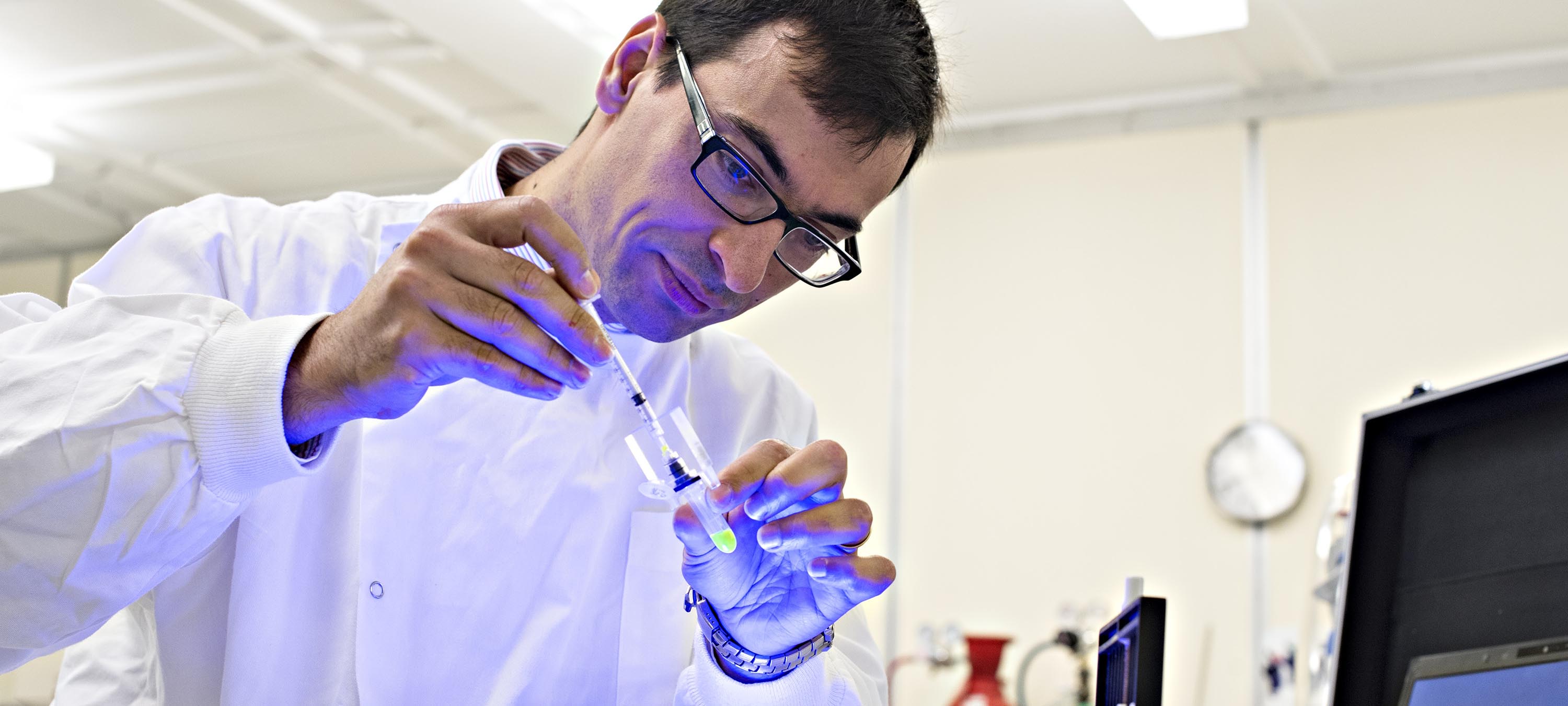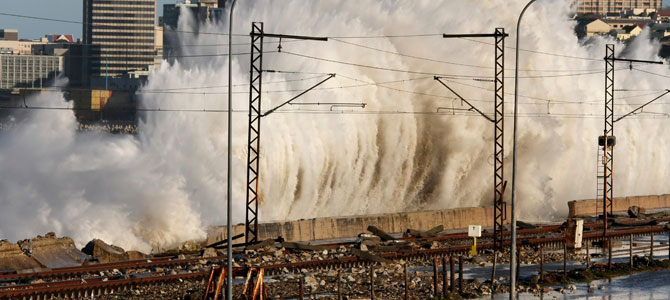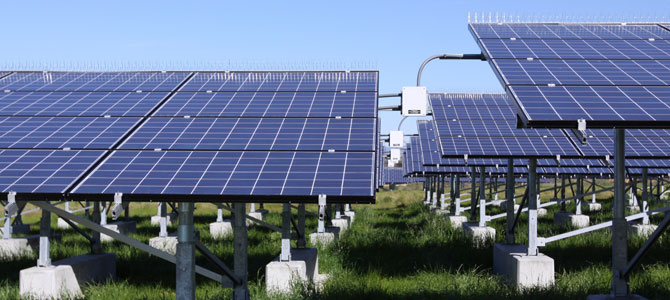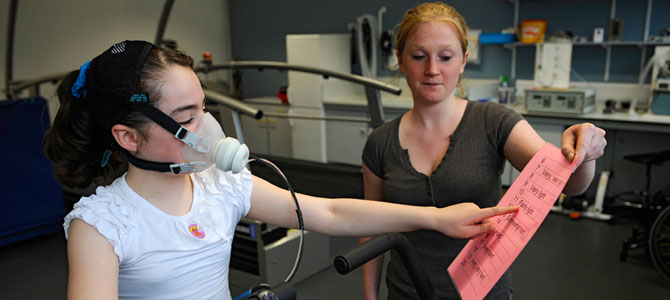
Global Research Challenges
Accelerating the delivery of distinctive solutions
The disciplinary strength of our academic base is complemented by our Global Research Challenges.
These challenges enhance our interdisciplinary approach to research and accelerate the delivery of distinctive solutions to regional, national and international concerns. They are catalysts for growth and change.
They bring together expertise from across the University and beyond, to target and address the key problems faced by today’s society.
The areas chosen as our research themes identify our core areas of strength as a university. However, they are open-ended and overlap, meaning they cut across the departmental boundaries, and enhance our interdisciplinary approach to research.
Our research challenges guide us to discover more about the world we live in; make us think about how our work is relevant and relates to global issues; and help us to answer the critical questions society faces.
The discoveries, breakthroughs and innovation our research produces, don’t happen by chance – they are a result of development and progression that is guided by our research challenges.

Global Research Challenge 1 - Changing Environments and Infrastructure
Providing access to clean, piped water to more than 1 million people in developing countries
Against a backdrop of population growth, migration and urbanisation our work in Changing Environments and Infrastructure tackles the challenges to global economies and ecosystems presented by climate, land use and hydrological change.
Tackling issues such as the growing scarcity of water resources, environmental pollution, and the repercussions of climate change, we are working to understand the underlying environmental processes, as well as the impact on built infrastructures and their operation, and the health and well-being of people, societies and economies.
Find out more about what’s happening with Changing Environments and Infrastructure.

Global Research Challenge 2 - Energy
Bringing low carbon technology, building design and use behaviour together for a secure, sustainable, clean and affordable energy supply
Energy is the lifeblood of civilization. It ensures our health and well-being, provides heat and light to our homes and places of work and enables travel, food production, and the manufacture the products we need. And yet our use of energy has created one of our greatest challenges – global climate change.
Energy Research at Loughborough is world-class and one of the largest concentrations of academic endeavor in the UK. Our work is often applied and multi-disciplinary, drawing together scientists, engineers, social scientists and economists to address contemporary energy challenges.
Find out more about what’s happening with Energy.

Global Research Challenge 3 - Health and Well-being
From stem cell therapies to ambulance designs saving the NHS £2.5 million
Major health challenges are a recognised and escalating problem for the UK. The spiralling costs of healthcare represent a huge challenge at a time of severe economic constraint, and sickness absences also impact on the wider economy.
Our research in this area addresses the broad dimensions of health and wellbeing through the application of our expertise in design, engineering, sport and manufacturing to regenerative medicine and lifestyle interventions.
Health and well-being research at Loughborough examines and helps to improve designs and systems in healthcare, crossing three key areas of sport and exercise as medicine, regenerative medicine and medical technologies.
Find out more about what’s happening with Health and Well-being.
Global Research Challenge 4 - Secure and Resilient Societies
Creating resilient urban spaces, conflict and emergency zones, and enhancing economic and financial resilience
Societies worldwide regularly face major natural hazards and human-induced threats. Our research in this area works to influence the practice of many groups, including the emergency services, defence forces, industry, governments, aid agencies, and civic and national authorities, in the areas of resilient urban spaces, conflict zones and emergency response situations, and economic and financial resilience.
Find out more about what’s happening with Secure and Resilient Societies.






